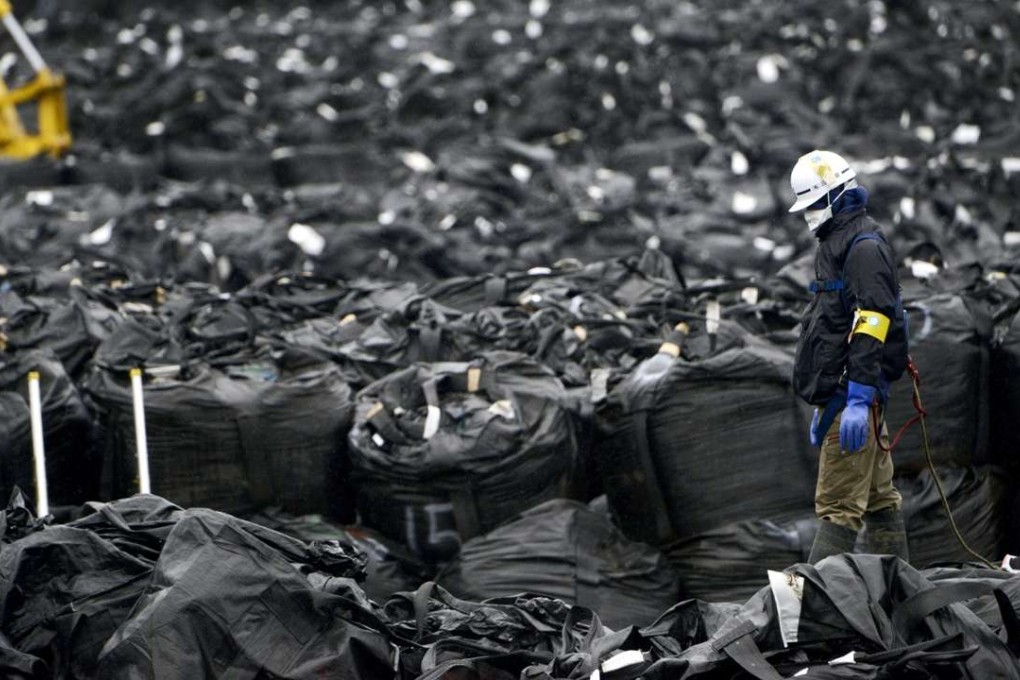Job for the desperate: How Fukushima clean-up workers form bottom of caste-like subcontractor system
Coming from across Japan to do a dirty, risky and undesirable job, the workers make up the very bottom of the nation’s murky, clean-up campaign, and are shunned by residents

The ashes of half a dozen unidentified labourers ended up at a Buddhist temple in this town just north of the crippled Fukushima nuclear plant. Some of the dead men had no papers, others left no emergency contacts. Their names could not be confirmed and no family members had been tracked down to claim their remains.
They were simply labelled “decontamination troops” – unknown soldiers in Japan’s massive clean-up campaign to make Fukushima livable again five years after radiation poisoned the fertile countryside.
The men were among the 26,000 workers – many in their 50s and 60s from the margins of society with no special skills or close family ties — tasked with removing the contaminated topsoil and stuffing it into tens of thousands of black bags lining the fields and roads. They wipe off roofs, clean out gutters and chop down trees in a seemingly endless routine.
Coming from across Japan to do a dirty, risky and undesirable job, the workers make up the very bottom of the nation’s murky, caste-like subcontractor system long criticised for labour violations. Vulnerable to exploitation and shunned by local residents, they typically work on three-to-six-month contracts with little or no benefits, living in makeshift company barracks. And the government is not even making sure that their radiation levels are individually tested.
They’re cleaning up radiation in Fukushima, doing sometimes unsafe work, and yet they can’t be proud of what they do or even considered legitimate workers. They are exploited by the vested interests that have grown in the massive project
“They’re cleaning up radiation in Fukushima, doing sometimes unsafe work, and yet they can’t be proud of what they do or even considered legitimate workers,” said Mitsuo Nakamura, a former day labourer who now heads a citizens’ group supporting decontamination labourers. “They are exploited by the vested interests that have grown in the massive project.”
Residents of still partly deserted towns such as Minamisoma, where 8,000 labourers are based, worry that neighbourhoods have turned into workers’ ghettos with deteriorating safety. Police data shows arrests among labourers since 2011 have climbed steadily from just one to 210 last year, including a dozen yakuza, or gangsters, police official Katsuhiko Ishida told a prefectural assembly. Residents are spooked by rumours that some labourers sport tattoos linked with yakuza, and by reports that a suspect in serial killings arrested in Osaka last year had worked in the area.
